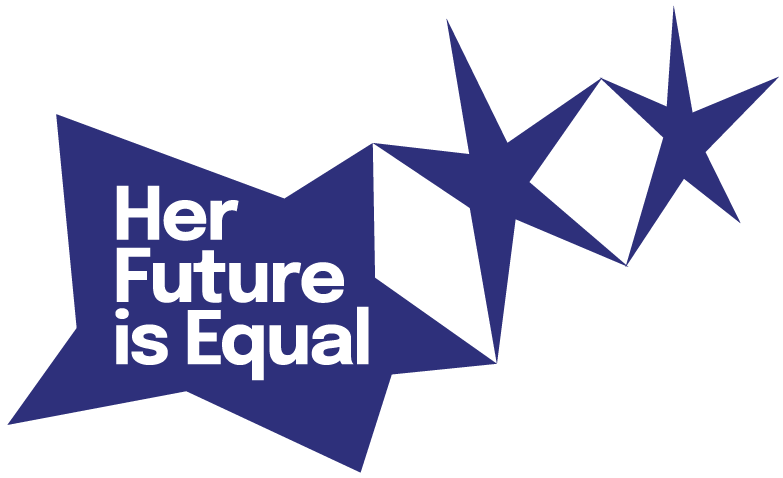HISTORIC MOMENT AND LOST OPPORTUNITY FOR WOMEN AND GIRLS IN THE EU
RELEASE OF A DIRECTIVE ON COMBATING VIOLENCE AGAINST WOMEN AND DOMESTIC VIOLENCE
Brussels, 22 March 2022 - The Brussels’ Call welcomes the release of a Directive on combating violence against women and domestic violence launched by the European Commission on 8 March. While acknowledging this huge step towards a better protection of women and girls in Europe, the Brussels’ Call regrets that the legislative proposal does not legislate upon sexual exploitation of women nor include prostitution as a form of sexual exploitation.
Taking into consideration the Covid-19 pandemic, the lack of EU ratification of the Istanbul Convention and the development of new forms of violence over the last years, the release of a Directive against Violence Against Women (VAW) and Domestic Violence was not only necessary but urgent for the prevention, and protection of women and girls from sexual exploitation.
Essential provisions on combating some forms of violence - including rape, female genital mutilation and online violence - will provide women and girls victims with a greater level of protection, especially with the inclusion of a legal definition of rape based on the lack of consent. The Directive also offers strong provisions to harmonise penalties, limitation periods for prosecution, support services and access to justice for women and girls throughout the EU. It also foresees much needed improvement in data collection on violence against women and girls (VAWG).
Yet, an important shortcoming must be underlined. Despite being based substantially on the EU crime of “sexual exploitation of women” in article 83(1) in the treaties, the Directive doesn’t include dispositions on the definition and prosecution of sexual exploitation of women. This perpetuates the gap in EU legislation on sexual exploitation of women. In addition, the lack of recognition of prostitution as a form of VAWG and as a direct continuum of sexual exploitation is a significant obstacle to the protection of all women and girls exploited by the system of prostitution. In this current shape, the Directive is a missed opportunity for EU leaders in adopting the Equality Model through providing support services for women and girls affected by sexual exploitation and imposing criminal penalties for those who perpetuate the system, ie pimps and so-called “buyers”. A position that was already supported by the European Parliament in 2014 through the adoption of the resolution on sexual exploitation and prostitution and its impact on gender equality.
Furthermore, the Brussels’ Call is concerned with the terminology of “sex workers” used in the preamble and section 4 of the Directive (article 35). The Brussels call stands for language acknowledging prostitution as sexual exploitation and a form of VAWG and demands a change from “sex worker” to the terminology of “sexually exploited women and girls” as used in the General recommendation No. 38 (2020) on trafficking in women and girls in the context of global migration (CEDAW/C/GC/38).
The European Parliament and the Council must improve the legislation on these points and swiftly adopt this proposal. We especially call on Members of the European Parliament to strive for an even more ambitious framework by including sexual exploitation of women and prostitution in the Directive, building from the European Parliament resolution of 26 February 2014 on sexual exploitation and prostitution and its impact on gender equality.
It is time for a Europe free from prostitution!
Contacts:
Laura Kaun, Policy and Campaigns Officer EWL
kaun@womenlobby.org
For media enquiries:
Adriana Paradiso, Communications & Media Coordinator EWL
paradiso@womenlobby.org
+32 465576876



